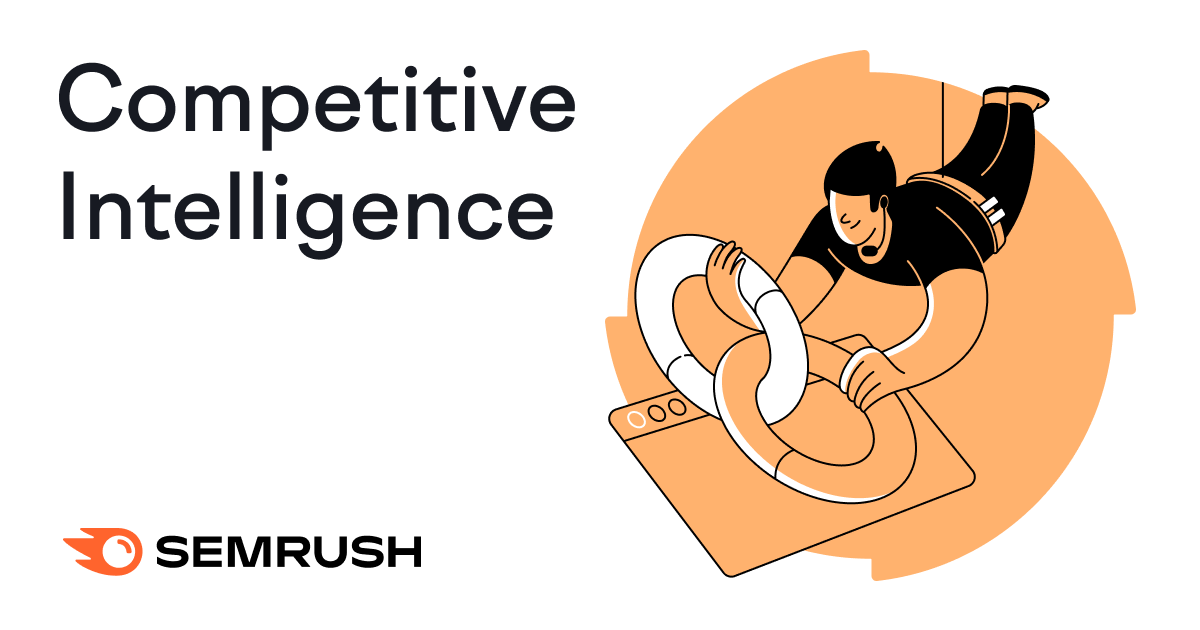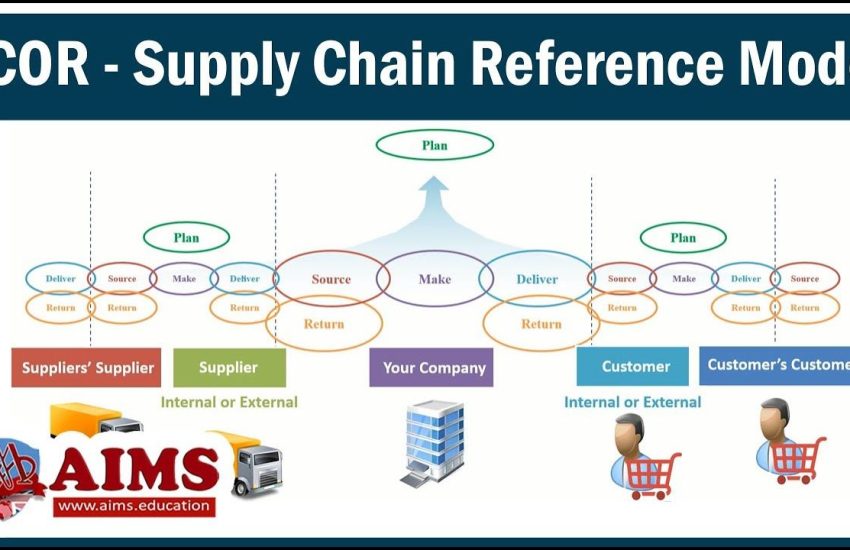Competitive Intelligence: Staying Ahead of Rivals
In today’s fiercely competitive business landscape, staying ahead of rivals is crucial for the success and growth of any organization. One effective strategy that companies can employ to gain an edge over their competitors is competitive intelligence. By gathering and analyzing information about their rivals, businesses can gain valuable insights that can inform their decision-making and help them outperform their competitors.
Understanding Competitive Intelligence
Competitive intelligence, often abbreviated as CI, is the systematic process of collecting, analyzing, and interpreting data about competitors, customers, and the overall market environment. The aim is to understand the competitive landscape and identify opportunities and threats that can impact a company’s performance.
Competitive intelligence goes beyond simply monitoring competitors’ actions. It involves a thorough examination of their strategies, products, pricing, marketing tactics, and more. By understanding what competitors are doing and how they are doing it, companies can uncover patterns, assess their strengths and weaknesses, and make informed decisions to gain a competitive advantage.
The Value of Competitive Intelligence
Competitive intelligence provides numerous benefits for businesses striving to stay ahead of their rivals:
Identify market trends: By monitoring competitors, organizations can gain insights into emerging market trends and tailor their strategies accordingly. This enables them to anticipate changes and stay proactive in meeting customer demands.
Anticipate competitor moves: Competitive intelligence allows companies to anticipate their competitors’ next steps. By understanding their rivals’ strategies and capabilities, businesses can adjust their own plans and stay one step ahead.
Enhance strategic planning: Armed with knowledge about competitors, organizations can develop more effective strategic plans. They can identify gaps in the market and capitalize on untapped opportunities.
Better customer understanding: Competitive intelligence helps businesses gain a deeper understanding of their target customers. By analyzing competitors’ customer base and behavior, organizations can refine their marketing efforts and offer better products and services.
Improve decision-making: Making informed decisions is crucial for success. Competitive intelligence provides decision-makers with accurate and relevant information, reducing risks and increasing the chances of making the right choices.
Tools and Techniques for Competitive Intelligence
There are several tools and techniques available to gather and analyze competitive intelligence:
Primary Research: This involves gathering information directly from competitors through interviews, surveys, or interactions. Primary research can provide valuable firsthand insights into the actions and strategies of rivals.
Secondary Research: Secondary research involves accessing existing sources of information like public records, industry reports, competitor websites, and news articles. This data can provide a comprehensive view of the competitive landscape.
Electronic Monitoring: Companies can utilize technology to track competitors’ online activities, such as website changes, social media posts, and online advertisements. These digital footprints can reveal valuable information about their strategies.
Competitor Analysis Software: There are various software tools available that automate the process of collecting and analyzing competitive intelligence. These tools can save time and provide comprehensive insights into the competitive landscape.
Hiring External Consultants: Companies can also engage external consultants specialized in competitive intelligence. These professionals have the expertise and experience to conduct in-depth analyses and provide strategic recommendations.
Ethical Considerations in Competitive Intelligence
While competitive intelligence can be a valuable strategy, it is essential to adhere to ethical principles:
Respecting privacy laws: Organizations must ensure that their competitive intelligence activities comply with privacy laws and do not involve illegal or unethical practices.
Avoiding deception: Companies should not employ deceptive methods or misrepresentation to gather information about their competitors.
Using only publicly available information: Competitive intelligence should rely on information that is publicly available and does not involve unauthorized access to confidential data or trade secrets.
Avoiding corporate espionage: Competitive intelligence should not involve illegal activities such as hacking, stealing proprietary information, or bribing employees of competitors.
Respecting intellectual property: Companies should respect intellectual property rights and not use competitive intelligence to infringe upon patents, trademarks, or copyrights.
Conclusion
Competitive intelligence is a valuable tool for businesses aiming to stay ahead of their rivals. By gathering and analyzing information about competitors’ actions, strategies, and market trends, organizations can make better-informed decisions, enhance their strategic plans, and gain a competitive advantage. However, it is crucial to conduct competitive intelligence ethically and in compliance with applicable laws and standards. With the right tools and techniques, companies can thrive in today’s competitive environment and achieve long-term success.


